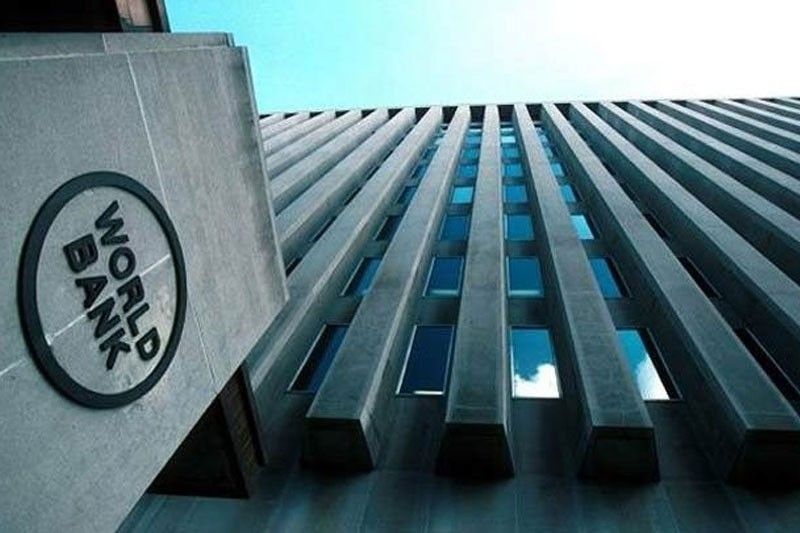Philippines among growth leaders in AsPac this year – World Bank

MANILA, Philippines — The Philippine economy is likely to become among the region’s top performers this year, but the expected growth will still fall short of government targets as downside risks remain, the World Bank said.
In its latest Global Economic Prospects, the Washington-based multilateral lender retained its gross domestic product (GDP) forecasts for the Philippines until 2023.
The World Bank is looking at a 5.9 percent growth this year and 5.7 percent in 2023, the same projections it had in the December round of economic update.
“Growth in the Philippines is projected at 5.9 percent in 2022, supported by sustained public investment and recovering household consumption, and moderate to 5.7 percent in 2023,” the World Bank said.
While the Philippines will have one of the highest GDP expectations this year, this is still significantly lower than the government’s seven to nine percent target for 2022, and six to seven percent for 2023.
The World Bank also retained its 2021 GDP forecast at 5.3 percent. The government will release full-year economic growth data on Jan. 27.
In the East Asia Pacific region, Palau and Fiji are seen growing the strongest at 12 percent and 7.8 percent, respectively.
These two island countries, however, are expected to come from 16 percent and 4.1 percent contractions, respectively, in 2021.
This year, the Philippines is projected to grow faster than Malaysia’s 5.8 percent, Vietnam’s 5.5 percent and even China’s 5.1 percent. The region’s GDP is seen growing to 5.1 percent this year.
Despite the positive outlook, the World Bank emphasized that downside risks in the country and in the region remain.
The multilateral lender said the pandemic resurgence presents a significant risk given great uncertainty related to the highly transmissible Omicron variant, even as vaccination rates continue to increase.
“The recurrent mobility restrictions in the context of pandemic resurgence, incomplete vaccinations, and insufficient testing, could disrupt activity, weigh on consumer confidence, and delay the recovery of tourism and travel,” the World Bank said.
“In many countries, especially in the economies that rely heavily on tourism, the recovery of output to its pre-pandemic level is not expected until 2022 (Cambodia, Malaysia, the Philippines) or 2023 (Thailand, some small Pacific island economies),” it said.
Further, the World Bank warned that uncertainty remains high as higher food and fuel prices, persistent supply chain disruptions, and labor market shortages amid the lingering pandemic increase the risk that inflation expectations become de-anchored.
Another downside risk is the possibility of a sharper-than-projected slowdown in the region’s exports due to weaker global demand, supply disruptions, labor shortages, and further increases in shipping costs.
The effects of new COVID-19 outbreaks and disruptions on activity at critical infrastructure facilities like ports also pose further risks.
The World Bank maintained that disruptions and damage resulting from natural disasters and weather-related events are another downside risk for many economies in the region.
The region is also facing risks of more severe and longer-lasting effects from the pandemic, particularly in the countries that have suffered most from severe outbreaks of COVID-19 and from the collapse of global tourism and trade.
“Lower potential growth reflects eroded human capital—amid school closures and persistent unemployment—as well as subdued investment,” the World Bank said.
On the other hand, it noted that the unwinding of fiscal policy support is expected to be gradual in the Philippines, Indonesia and Malaysia.
In terms of global prospects, growth is seen decelerating to 4.1 percent this year from the estimated 5.5 percent in 2021, reflecting continued COVID-19 flare-ups, diminished fiscal support, and lingering supply bottlenecks.
- Latest
- Trending



























